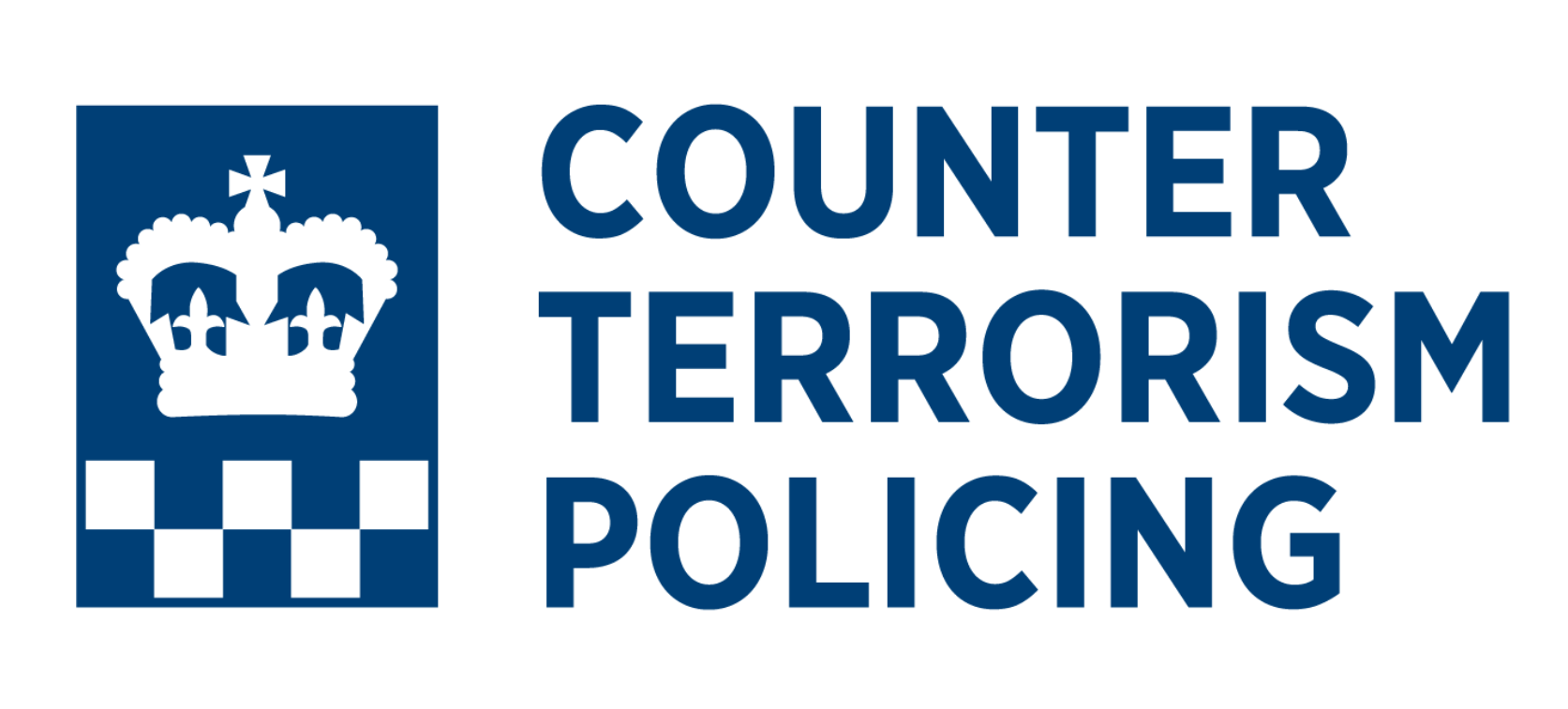Recently Sky News reported that the UK’s Prevent counter-terrorism strategy is “no longer keeping the country safe” and needs a “radical overhaul.” An independent commission found that over 90% of those referred to Prevent were turned away because they had no identifiable ideology, despite some later committing acts of violence. The report went further, admitting there is no evidence that radicalisation predicts terrorism — a revelation that, for many Muslims, confirms what has been known all along.
When the Prevent strategy was first rolled out, it rested on a dangerous and deeply misguided premise known as the “conveyor belt theory.” The idea was simple but toxic: the more “Islamic” a person appeared to be — in dress, thought, or speech — the more likely they were to become a terrorist.
From this flawed theory flowed years of suspicion, surveillance, and state intrusion into Muslim life. Children were referred to Prevent for discussing Palestine, wearing hijab, or quoting the Qur’an in class. Teachers and doctors were turned into informants under mandatory reporting duties. Entire communities were treated as potential suspects rather than citizens.
This was not a small experiment — it was a multibillion-pound national policy, consuming vast resources from the Home Office, police, and local authorities. Between 2015 and 2023 alone, Prevent referrals exceeded 58,000, with over 90% rejected as having no connection to terrorism. That means millions of pounds were spent chasing shadows, while the real causes of violence — social breakdown, alienation, and mental health — went largely unaddressed.
The results were often absurd, sometimes tragic:
- A four-year-old in Luton was referred after mispronouncing “cucumber” as “cooker bomb.”
- A teenager in Lancashire was questioned for wearing a “Free Palestine” badge.
- University students discussing foreign policy found their societies monitored or reported.
Each case revealed a deeper problem: Prevent did not distinguish between belief and threat. It targeted expressions of Muslim identity as warning signs of extremism — a view that reflected bias, not security logic.
Now, nearly two decades later, the government’s own independent commission has admitted what Muslim communities have said from the start: there is no evidence that religious ideology predicts terrorism. In other words, Prevent’s entire foundation was built on sand.
This admission should be more than vindication — it should be a warning. For years, Muslim organisations and activists were pressured to endorse Prevent or work within its framework, told that cooperation was the path to “integration” and “trust.” Some did so out of fear, and others in order to get in the good books of the government. But the truth is clear now: the bus was never heading in the right direction.
The Muslim community must learn one thing from this moment — never surrender your principles or understanding of Islam to a government that does not understand it. The British state cannot be the arbiter of what is or isn’t Islam. When it tried, it criminalised belief, pathologised identity, and silenced dissent.
Prevent did not make Britain safer. It made Muslims fearful, schools suspicious, and communities divided. The new report does not mark a reform — it marks the collapse of a policy built on prejudice.
As the government scrambles to redefine its counter-terrorism strategy, Muslims must stand firm in defining their own values, their own faith, and their own future — without apology and without permission.
Need Help?
-
[email protected]
-
Follow us on Instagram
-
Follow us on TikTok
